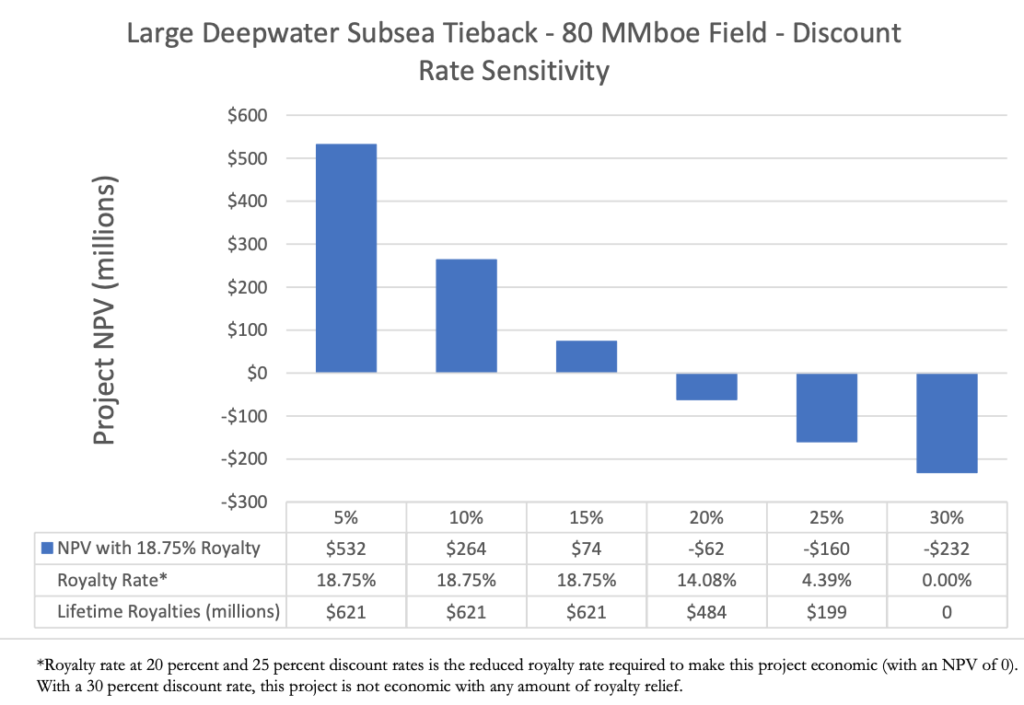The U.S. Bureau of Safety and Environment Enforcement (BSEE) announced this Thursday that it’s considering lower royalty payments to offshore producers in the Gulf of Mexico (GOM); this in order to help them increase production and reduce stranded resources in the area.
The decision comes after BSEE’s sister agency, the Bureau of Ocean Energy Management (BOEM) published a research paper indicating that certain economic policy changes would help increase offshore oil and gas production, using deep-water infrastructure already in place.
“This research provides critical information that demonstrates energy production in the Gulf of Mexico should not be managed with a ‘one size fits all’ approach,” said Casey Hammond, Principal Deputy Assistant Secretary of the Interior.


The intent is to draw on 4,5 billion barrels of oil equivalent resources estimated nearby these facilities.
BOEM’s research “examined future wells using subsea tiebacks, including extended-reach tiebacks, that require high-cost enhanced flow assurance technologies, such as subsea booster pumps.”
Recommended for you: Oil prices near $50 a barrel after OPEC’s agreement
Offshore projects would be more viable
Using these initial data, the agency identified “economic considerations specific to subsea tiebacks requiring enhanced flow assurance technologies;” that would “provide more opportunity for operators to earn the needed rate of return while minimizing stranded resources,” Walter Cruickshank, BOEM’s director explained.
As about four of every five deep-water facilities in the area are producing at less than 50% of their maximum capacity rates, a move such as this would rebound America’s oil and gas production, as intended by the Trump administration.
This move comes in a series of other last-minute decision by Trump’s administration as it draws upon its final days in office. Just this week, a notice for sale in Alaska’s Arctic National Wildlife Refuge was announced, even before the call for admissions ended.
“We want to make sure America doesn’t have stranded assets; reducing the royalty rate to pay for the incremental cost of the subsea flow assurance means that more offshore projects may be economic,” said to Reuters Scott Angele BSEE’s director.

